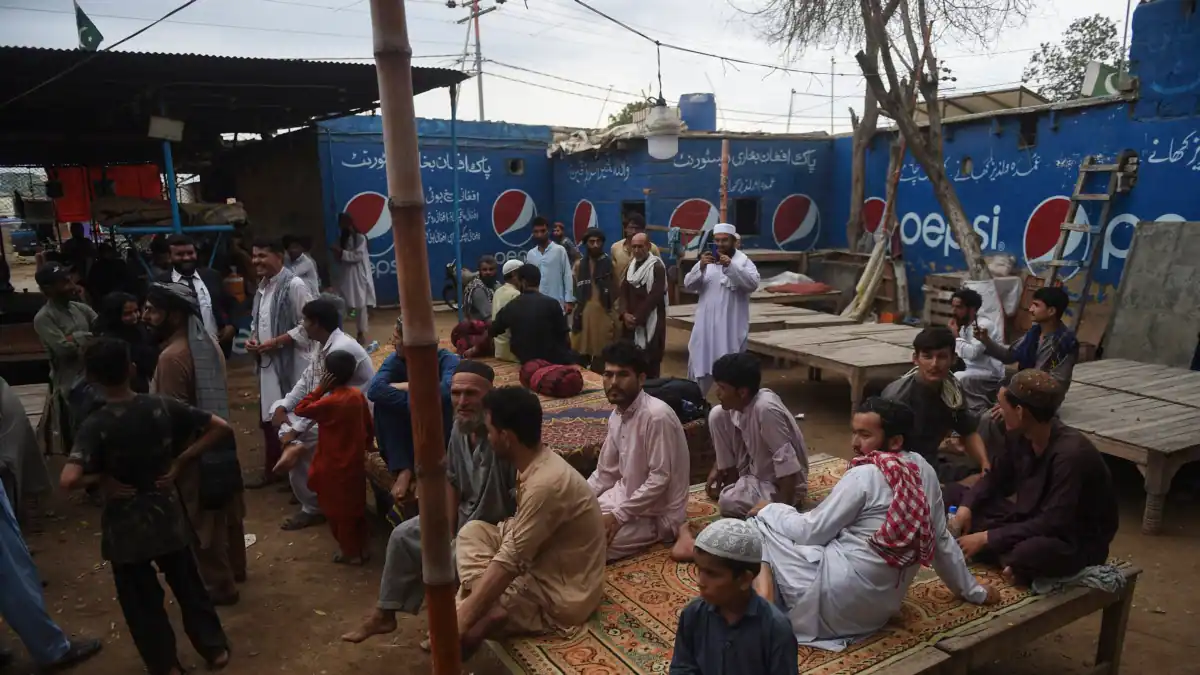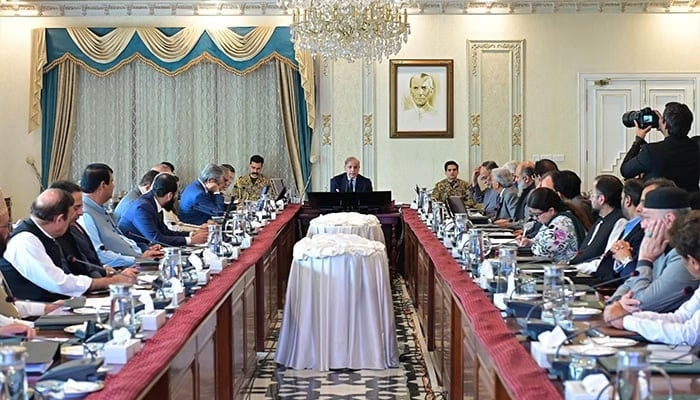The United Nations High Commissioner for Refugees (UNHCR), in collaboration with the UN Refugee Agency, International Organization for Migration, and the UN Migration Agency, issued a joint statement urging Pakistan to continue providing protection for “vulnerable Afghans” seeking safety. The UN agencies expressed concerns about the imminent risks faced by these individuals if forcibly returned to Afghanistan.
This appeal comes in response to Pakistan’s ultimatum, which requires all illegal migrants to leave the country by November 1 or face eviction. Islamabad has been expediting efforts to repatriate illegal Afghan nationals, while emphasizing that its policy on Afghan refugees remains unchanged. Pakistan has generously hosted 1.4 million Afghan refugees despite resource constraints and economic challenges.
The UN agencies highlighted the severe humanitarian crisis in Afghanistan, particularly the human rights challenges faced by women and girls. They expressed concerns that forced repatriation plans could have serious implications for those forced to leave Afghanistan, potentially subjecting them to protection risks upon return.
While acknowledging Pakistan’s sovereign prerogative over domestic policies and its need to manage populations on its territory, the UNHCR and IOM emphasized their willingness to support the development of a comprehensive and sustainable mechanism to register and manage Afghan nationals, including those in need of international protection.
The humanitarian agencies commended Pakistan’s longstanding hospitality toward Afghan nationals over four decades and reiterated the importance of ensuring that all returns are voluntary, safe, and dignified, without any pressure. They expressed concerns about forced repatriation potentially resulting in human rights violations, including family separations and the deportation of minors.
In conclusion, the UN agencies appealed to Pakistan to maintain protection for vulnerable Afghan refugees and called for a comprehensive and humane approach to addressing the situation, in line with international humanitarian principles.
Note: This content is based on a joint statement from UNHCR, UN Refugee Agency, International Organization for Migration, and UN Migration Agency.



